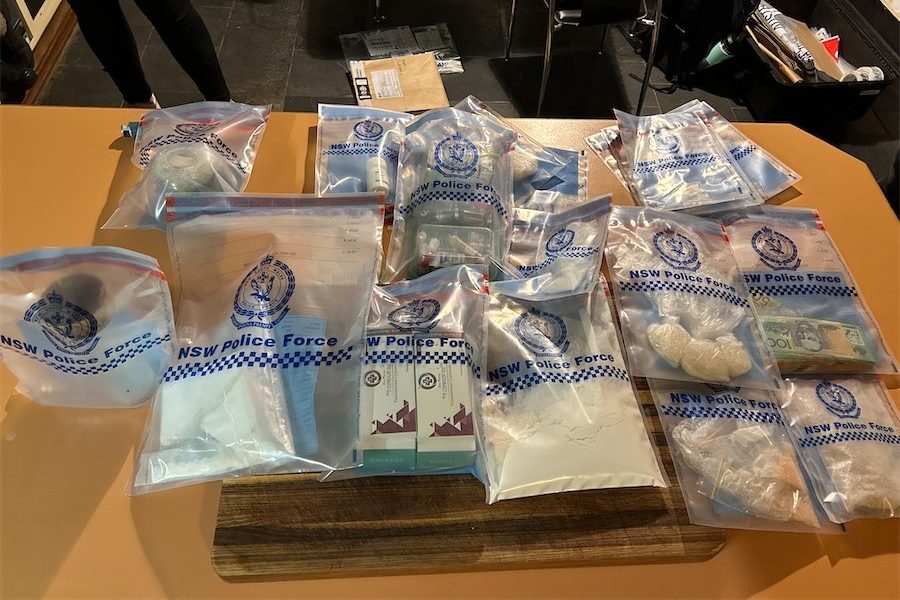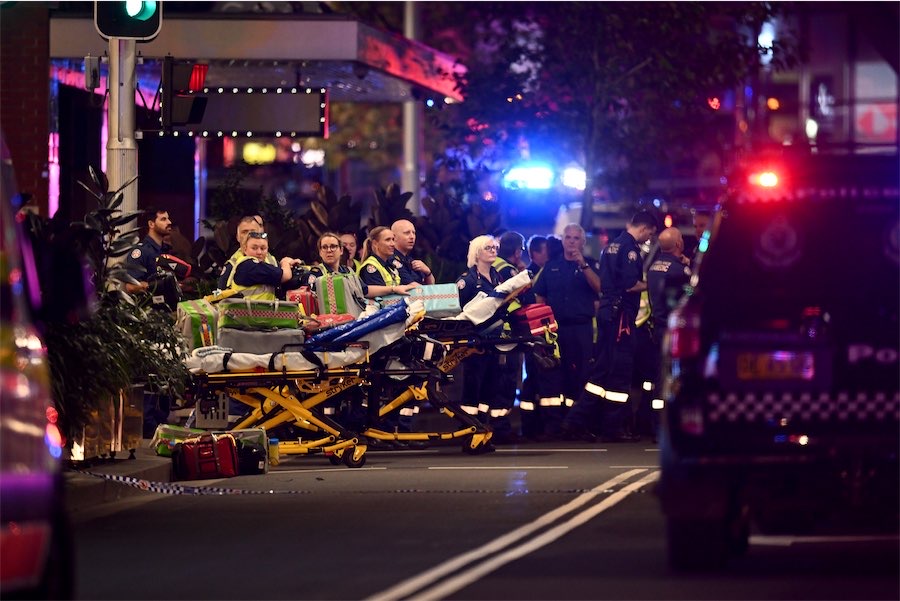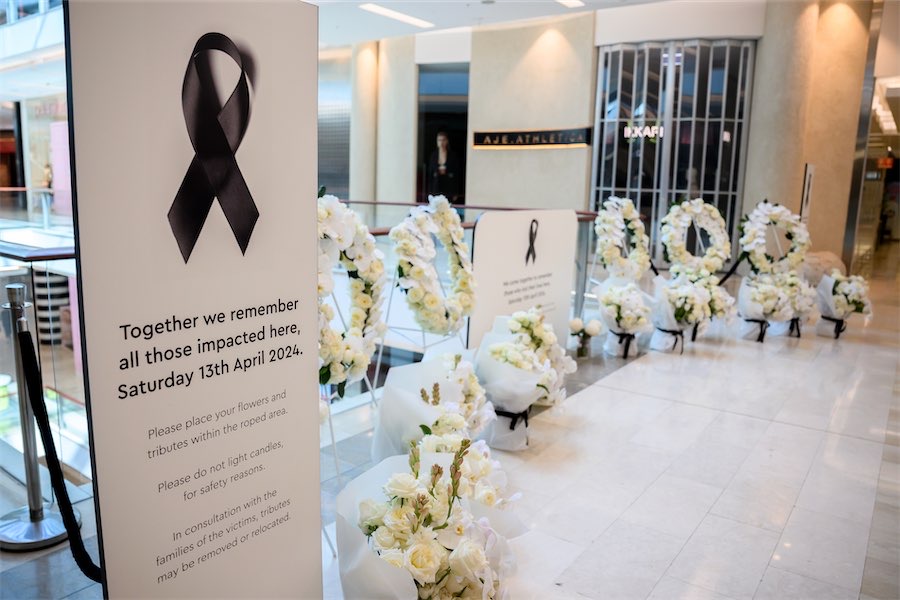
STARTING school is a big transition for the whole family and there are things parents can do to make sure the early days of schooling aren’t anxiety generating, says education professor Dr Deborah Pino-Pasternak.
“There is something around the motion of preparation, but I wouldn’t like families to think there are these big things they should be doing to put some children at a certain advantage,” says the associate professor of education at the University of Canberra.
For families it can be beneficial to plan out the new daily routine, including rehearsing the walk to school. But it’s not a one-size-fits-all, says Dr Pino-Pasternak.
One of her biggest tips is just communication.
Talking to children and creating an environment where they feel safe to talk about their feelings, including any nervousness they might feel, is important, says Dr Pino-Pasternak. But, it’s not just children that parents should be communicating with.
“The thing we tend to forget is if we establish a positive relationship with the educators of our children, they are an amazing source of knowledge and support,” she says.
“And, for children knowing that their parents trust their teachers and see them as experts and people with authority gives them a sense of safety that they’ve been left in a place with figures that are trusted by their family members.”
Parents can also access online resources for information on early childhood schooling, such as the Raising Children Network. Or, for families interested in research studies, there is the Australian Institute of Family Studies.
The ACT government’s Education Directorate also has resources for families, including for those who are doing remote learning.
For children struggling to make friends, Dr Pino-Pasternak recommends a strategy that involves problem solving children’s social skills.
“Sometimes we fail to think of things we can teach,” she says. “We tend to attribute [issues of socialising] to personality; my child is withdrawn, my child is shy or my child is an extrovert, as if it was a trait. As opposed to thinking there are things we can do to help children.”
Children who are struggling on the playground should be encouraged to ask a teacher for help finding someone to play with and to not be dismayed if they are rejected, Dr Pino-Pasternak says.
If a parent sees their child is constantly talking about two or three people, they should introduce themselves during pick up/drop off and exchange phone numbers with other parents to facilitate contact, Dr Pino-Pasternak says.
“But, one thing that I would not recommend would be to orchestrate situations where your child has not had a voice and not had a say in whether this is something they’d like to do or not,” she says.
“It’s a facilitating role. But, a facilitating role that comes from being responsive to where your child is, and understanding for some children this process is not just a couple of weeks, it can be a few months before they finally find their own space.”
Dr Pino-Pasternak says it’s likely this year will continue to be disruptive for educators, children and, of course, parents. But, it shouldn’t be something to be afraid of, she says.
“It seems almost impossible sometimes when you’re overwhelmed and stressed but trying to think what my child is actually learning from this is things like the power of community and solidarity,” she says.
“They’re learning about responsible decision making and how to be a socially responsible citizen through all these health-related practices. This is good learning if we are able, as much as we can, to frame it in that positive light.”
Parents should foster a safe and relaxed environment at home and understand that academic education amid these disruptions is not everything.
“I would put the academic side of learning during these difficult times as my second priority,” Dr Pino-Pasternak says.
“If [children] are not in a position where they are ready to learn, that has an impact not only on their cognition but in their social behaviours.
“If we can invest in helping children understand where they are behaviourally and emotionally, then we learn to understand what the signs are that they are not coping.
“That’s where the heaviest investment from families should be at this stage.”
Who can be trusted?
In a world of spin and confusion, there’s never been a more important time to support independent journalism in Canberra.
If you trust our work online and want to enforce the power of independent voices, I invite you to make a small contribution.
Every dollar of support is invested back into our journalism to help keep citynews.com.au strong and free.
Thank you,
Ian Meikle, editor





Leave a Reply